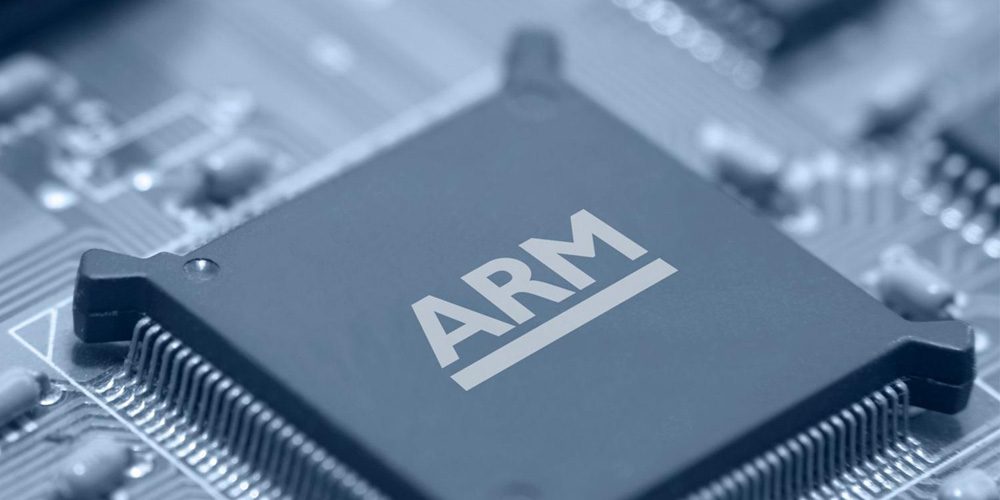Kalamata and ARM-powered Apple Macs unofficially green-lit by Apple Inc top brass

According to Bloomberg’s top marketing analyst and Apple watchdog, Mark Gurman, Apple’s project Kalamata (a reference to the first city liberated during the Greek war of independence), has been officially approved, and is set to move the company forward with plans of eliminating third party CPUs across all Mac product lines, by at least 2020.
From what little is known in the way of details, Apple will be investing considerable resources into developing its very own brand of proprietary ARM-based central processor units, in an effort to phase out the need for external manufacturers.
Within the realm of speculation, the new ARM chips made by Apple, will most likely be categorized and branded according to a similar serialized succession as processors powering iPad, iPhone, Apple Watch and even some of the internal chipset components already beginning to pepper the latest Mac laptops and desktops, with concise designations, such as “M” series, for mobile, “D” series for Desktop, and so forth, followed by a prime release number.
Taking out of the equation traditional x86-style CPUs isn’t an easy task when considering the requirements of desktop and laptop devices, versus hand-held or wearable electronics. Current CPUs like Intel Cabi-Lake or AMD Ryzen offer performance that ARM chips simply cannot match yet, especially on specialized workstations, such as Microsoft Surface Studio and Apple iMac Pro. With that said, Microsoft has also shown an interest in broadening desktop support to ARM chips, which could mean the beginning of an “ARM-race”, that could culminate in 2020, with Apple unveiling a whole new breed of Mac computers with similar characteristics and performance to their traditional Intel-powered predecessors, but also featuring considerable power-saving perks.
The other advantage for Mac OS and iOS users, is that ARM architecture allows to support apps coded for both iPads/iPhones and desktop Macs, on the same platform. This is good news for mobile apps developers looking to expand their user base, and for users who have no Mac equivalent for their favorite apps, often only available on iOS.
This new scenario does not mean at all that there will be an iOS/Mac OS convergence anytime soon, as debunked by Tim Cook himself, multiple times. Macs and iOS devices are likely to stay within their separate realms, as very distinct devices. With that said, the ability to port iOS apps to desktop Macs is one extra perk to look forward to.
Ready to shop?
Looking for the most powerful desktop created by Apple? PortableOne is where you can buy the All-New Apple iMac Pro a production powerhouse for high-end creative professionals, with endless possibilities, and unprecedented specs.